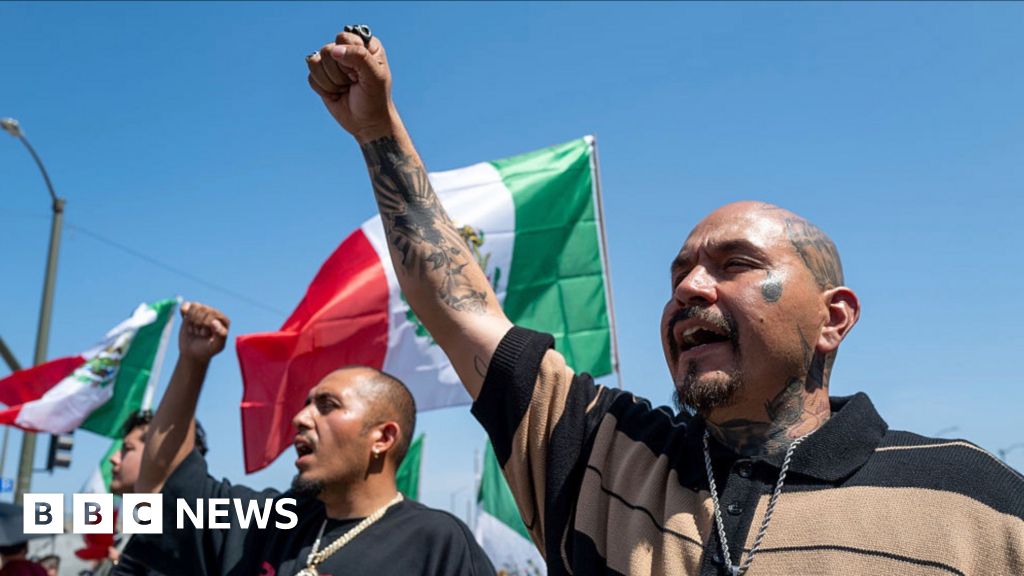ARTICLE AD BOX
Image source, Reuters
Image caption,Antony Blinken (file image) said the US was working "overtime" to solve the mystery
Four more US diplomats working in Geneva and Paris have fallen ill with a suspected neurological illness known as "Havana syndrome", US media report.
Three diplomats became sick in the Swiss city and one in the French capital last summer, with some 200 people affected over five years.
Secretary of State Antony Blinken said the American government was working to get to the bottom of the mystery.
There are fears an adversary may have targeted diplomats with microwaves.
Mr Blinken said the issue had been raised with Russia but no determination had been made.
Havana syndrome first emerged in Cuba in 2016 and has affected US diplomats, spies, officials and family members, as well as a number of Canadian diplomatic staff deployed in Cuba.
Some of the people who experienced the syndrome were left with dizziness and fatigue for months.
The latest cases include one person who was evacuated from Switzerland to the US for treatment, media reports say.
Mr Blinken told MSNBC in an interview that he had met state department employees around the world who had described their illnesses and how their lives had been disrupted.
People, he said, had been "directly and powerfully affected".
"To date, we don't know exactly what's happened and we don't know exactly who is responsible," he told the broadcaster.
"We are working overtime across the entire government to get to the bottom of what happened, who's responsible," he said.
Russia, China and the US itself are all said to have researched microwaves for military purposes but Moscow has dismissed accusations it used "microwave weapons" against US missions as "fanciful hypotheses".
A more innocent, but also unproven, theory is that those who got sick suffered from a mass condition brought on by some stressful underlying situation.
You may also be interested in
Russia's spy chief Sergei Naryshkin speaks to the BBC in a rare interview about the SolarWinds Cyber attack

 3 years ago
35
3 years ago
35








 English (US) ·
English (US) ·